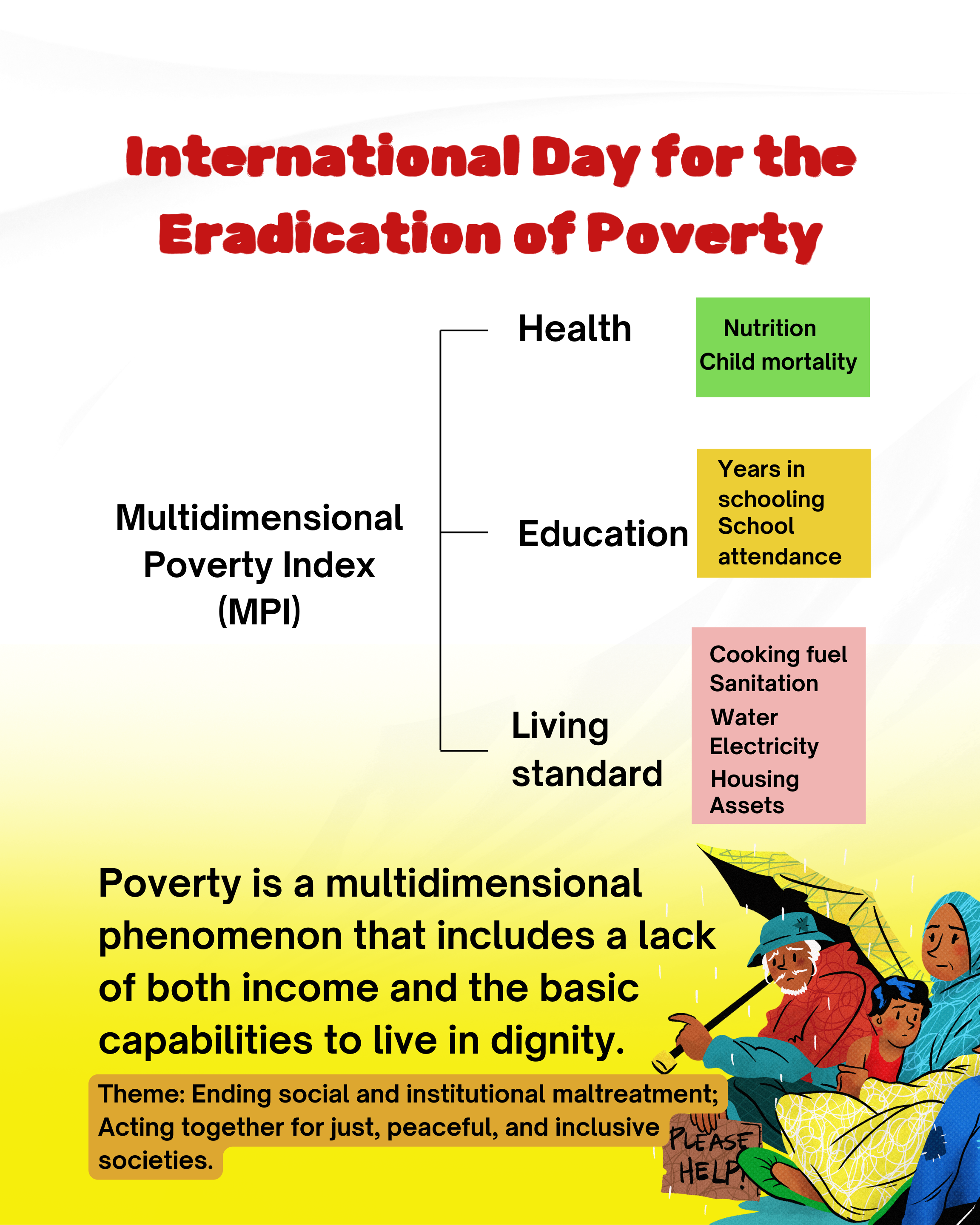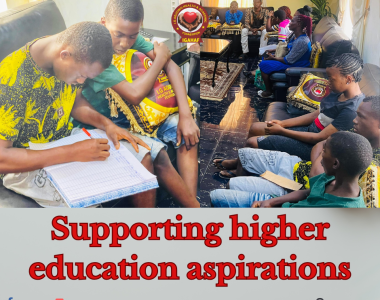
Theme: Ending social and institutional maltreatment; Acting together for just, peaceful, and inclusive societies.
Social and institutional maltreatment refers to the systemic and structural abuse faced by individuals in society, often perpetuated by institutions that are supposed to provide care, protection, and support. This maltreatment can be perpetuated in various forms including neglect, discrimination, exploitation, and vulnerable populations.
Social maltreatment occurs at individual and community levels. It involves the stigmatization and dehumanization of vulnerable groups including the elderly, disabled, children, refugees, and marginalized racial or ethnic groups. Social maltreatment leads to social exclusion, lifelong trauma, and diminished quality of life. Institutional maltreatment on the other hand refers to abuses facilitated or overlooked by institutions, it could be the educational systems, healthcare providers, child welfare agencies, or correctional facilities.
Social and institutional maltreatment is a growing act contributing to poverty’s existence beyond monetary poverty. The statistics of those who fall under this category are higher than that of those experiencing monetary poverty. The fight for equality and equity for all irrespective of their social background, gender, or economic status is even more recognized now that the concept of poverty has been defined to be more than just the lack of money. The theory of multidimensional poverty captures the basic survival necessities that when absent can determine an individual or group’s poverty status.
Poverty is not solely an economic issue but rather a multidimensional phenomenon that encompasses a lack of income and the basic capabilities to live in dignity. Multidimensional poverty is an index that measures the percentage of households in a country deprived along three dimensions—monetary poverty, education, and basic infrastructure services. It is a means to capture the complexity of poverty that considers dimensions of well-being beyond just monetary poverty.
The effect of social maltreatment can resonate throughout an individual’s life, leading to profound psychological, emotional, and physical scars. Ending social and institutional abuse is imperative for building a just and compassionate society. The world has taken a different step and approach. It is still working on devising a more effective and efficient strategy that can be adopted to address the issue of social and institutional maltreatment which is contributing detrimentally to global economic growth.
This day, the International Day for the Eradication of Poverty aims to promote understanding and dialogue between people living in poverty and wider society by underscoring poverty as a multidimensional phenomenon that includes both a lack of income and a lack of basic capabilities to live in dignity, including unsafe housing, lack of nutritious food, limited access to healthcare, dangerous work conditions, unequal access to justice, and lack of political power.
As an organization, we commemorate this day by sharpening our solidarity to achieve a brighter future for all irrespective of gender, economic status, or social background. We reaffirm our commitment to eradicate poverty through the provision of access to education and healthcare services.



